PHOBIA
What are Phobias?
Phobias are a type of anxiety disorder marked by an intense, irrational fear of specific objects, situations, or activities. This overwhelming fear often leads to avoidance behavior and can disrupt a person’s daily life. Phobias can develop at any age and may be triggered by a traumatic event or learned through observation. They require appropriate treatment to manage and reduce their impact on daily functioning.

Types of Phobias
- Specific Phobias: Intense fear of a particular object or situation,
- Social Phobia (Social Anxiety Disorder): Intense fear of social situations where one might be judged, embarrassed, or humiliated. This can include public speaking, meeting new people, or eating in public.
- Agoraphobia: Fear of situations where escape might be difficult or help unavailable during a panic attack. This often involves fear of open spaces, crowds, or being outside the home alone.
- Symptoms of phobias can vary but generally include:
- Intense fear or anxiety when exposed to the source of fear
- Avoidance of the feared object or situation
- Physical symptoms such as sweating, trembling, rapid heartbeat, shortness of breath, or dizziness
- Psychological symptoms such as a sense of impending doom, panic, or overwhelming need to escape
- Interference with daily activities or routines
Managing Phobias
Managing phobias often involves a combination of therapies and interventions tailored to the individual’s needs, including:
- Cognitive-Behavioral Therapy (CBT): Helps individuals understand and change thought patterns that lead to fear and anxiety.
- Exposure Therapy: Gradual, controlled exposure to the feared object or situation to desensitize and reduce fear.
- Medications: Anti-anxiety medications or antidepressants to help manage symptoms.
- Relaxation Techniques: Deep breathing, meditation, and progressive muscle relaxation to reduce anxiety.
- Support Groups: Participation in support groups for individuals with phobias.
You've taken the first step now let us help you find the right support
Recognizing Clinical Depression
– Lasting sadness
– Loss of interest in most activities
– Constant fatigue or low energy
– Negative thoughts
– Feelings of worthlessness, hopelessness, or guilt
– Difficulty concentrating on daily tasks
– Changes in eating and sleeping patterns
– Restlessness or irritability
– Physical aches and pains without a clear cause
– Thoughts of death or suicide
Signs Your Child
Needs to See a Child psychiatrist
Recognizing when your child may need to see a psychiatrist is crucial for addressing their emotional and mental well-being. Here are some signs that may indicate it’s time to consider seeking help from a Child Psychologist in Calicut:
- Your child is dealing with a significant change or a stressful situation, like bullying, a health issue, divorce parents, or a move to a new city or school.
- Your child's mental, emotional, and behavioral problems seem to be getting worse over time instead of better.
- Your child or family has experienced trauma, such as a death, an accident, or abuse.
- Your child encounters challenges when it comes to forming and maintaining friendships.
- You notice big notable shifts in your child's temperament and behavior.
- They often have trouble with their behavior in school.
- Your child is worrying to much for trivial things
- Your child's grades are dropping.
Common Conditions Addressed at Our Center
Clinical child psychology is a field dedicated to researching, evaluating, and addressing a broad spectrum of interconnected biological, psychological, and social challenges encountered by children.
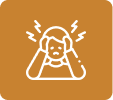
ANXIETY
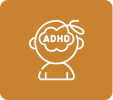
ADHD

DEPRESSION

AUTISM

LEARNING PROBLEMS

BEHAVIOURAL PROBLEMS

ADJUSTMENT PROBLEMS

STRESS
At Mind Weavers, our Child Psychologists are well-versed in the latest evidencebased interventions, providing personalized counseling to address the unique needs of each child.
Skills and Procedures Utilized
Clinical child psychology encompasses a wide range of procedures and skills addressing your child’s needs, including:
- Assessment (e.g., psychological, intellectual, cognitive, and behavioral evaluation).
- Intervention (e.g., psychotherapy and applied behavior analysis).
- Prevention program development (e.g., school readiness,bullying, addictions, obesity).
- Consultation with transdisciplinary team
- Evidence based Practices

Services Offered By Our Center
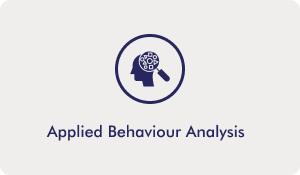

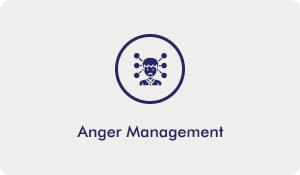
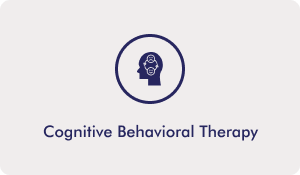
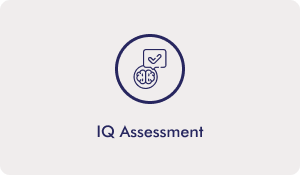
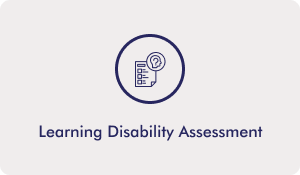


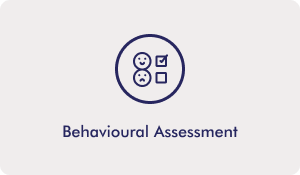
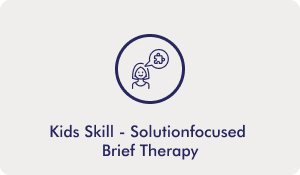
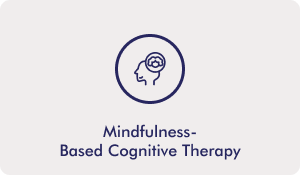
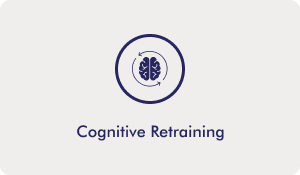
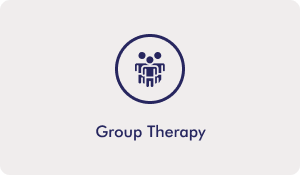

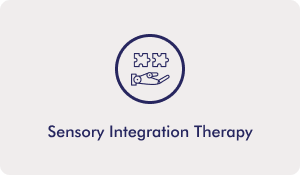
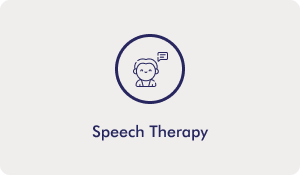
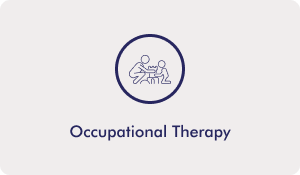
These services are administered by experienced and compassionate clinical psychologists and therapists that ensure your child receives the care and support they need to lead healthier and more fulfilling lives.
FAQs on Phobias
Phobias are a type of anxiety disorder characterized by an intense, irrational fear of specific objects, situations, or activities that lead to avoidance behavior.
Phobias are diagnosed by a mental health professional through a comprehensive evaluation that includes discussing symptoms, medical history, and the impact of fear on daily life.
Yes, phobias can be effectively treated with therapies such as cognitive-behavioral therapy (CBT), exposure therapy, medications, and relaxation techniques.
Phobias can be caused by genetic predisposition, traumatic experiences, learned behaviors, and differences in brain function and chemistry.
Symptoms include intense fear or anxiety, avoidance of the feared object or situation, physical symptoms (sweating, trembling, rapid heartbeat), and psychological symptoms (panic, need to escape).
Yes, children can develop phobias, and early intervention and treatment can help manage their fears effectively.
Supporting someone with a phobia involves being patient and understanding, encouraging them to seek professional help, and not forcing them to confront their fears before they are ready.
Exposure therapy is a treatment method that involves gradual, controlled exposure to the feared object or situation to desensitize and reduce fear over time.
Phobias can run in families, suggesting a genetic component, but they can also develop from environmental and psychological factors.
Help for phobias can be found through:
– Mental health professionals, such as psychologists, psychiatrists, and counselors
– Community mental health centers
Mind Weavers for Adult Psychology -
Why We're Different?
✨Experience:
Mind Weavers stands out in the field of adult psychology for several reasons. Our team of licensed professionals brings a wealth of experience in dealing with adult psychological issues. We understand that adulthood is a time of significant transition and are committed to helping you navigate this period with empathy and expertise.
✨Understanding Issues from The Root:
We support a comprehensive strategy for mental health. Hence, it means we don’t just focus on your symptoms; we explore the root causes of your challenges. Therefore, by addressing these underlying issues, we aim to provide long-lasting solutions that improve your overall well-being.
✨Supportive Environment:
Another reason to choose Mind Weavers is our commitment to creating a supportive environment. We know that discussing mental health can be difficult, which is why we prioritize creating a safe, non-judgmental space. Our goal is to make you feel comfortable and heard, ensuring that you can openly discuss your concerns and challenges.
✨Flexible Treatment Plans:
Additionally, we offer flexible treatment options tailored to fit your lifestyle. So, whether you prefer in-person sessions or online consultations, we make it easy to access the help you need. Our flexible scheduling and various therapy modalities ensure that you can find the right fit for your needs.
Therefore, take the first step towards a healthier adulthood by choosing Mind Weavers. Your mental well-being deserves the best care, and we’re here to provide it.
Choosing Mind Weavers for
Your Child's Well-Being
At Mind Weavers, our aim is to have a happy, playful, and confident child.
We prioritize your child’s well-being and offer top-quality mental health services to support their growth and happiness. Our dedicated professionals including child psychologists, therapists, and counelors help children overcome challenges, develop crucial life skills, and thrive emotionally.
At Mind Weavers, you’re choosing more than specialized services; you’re selecting a caring and nurturing environment that fosters resilience, self-assurance, and a positive outlook.


